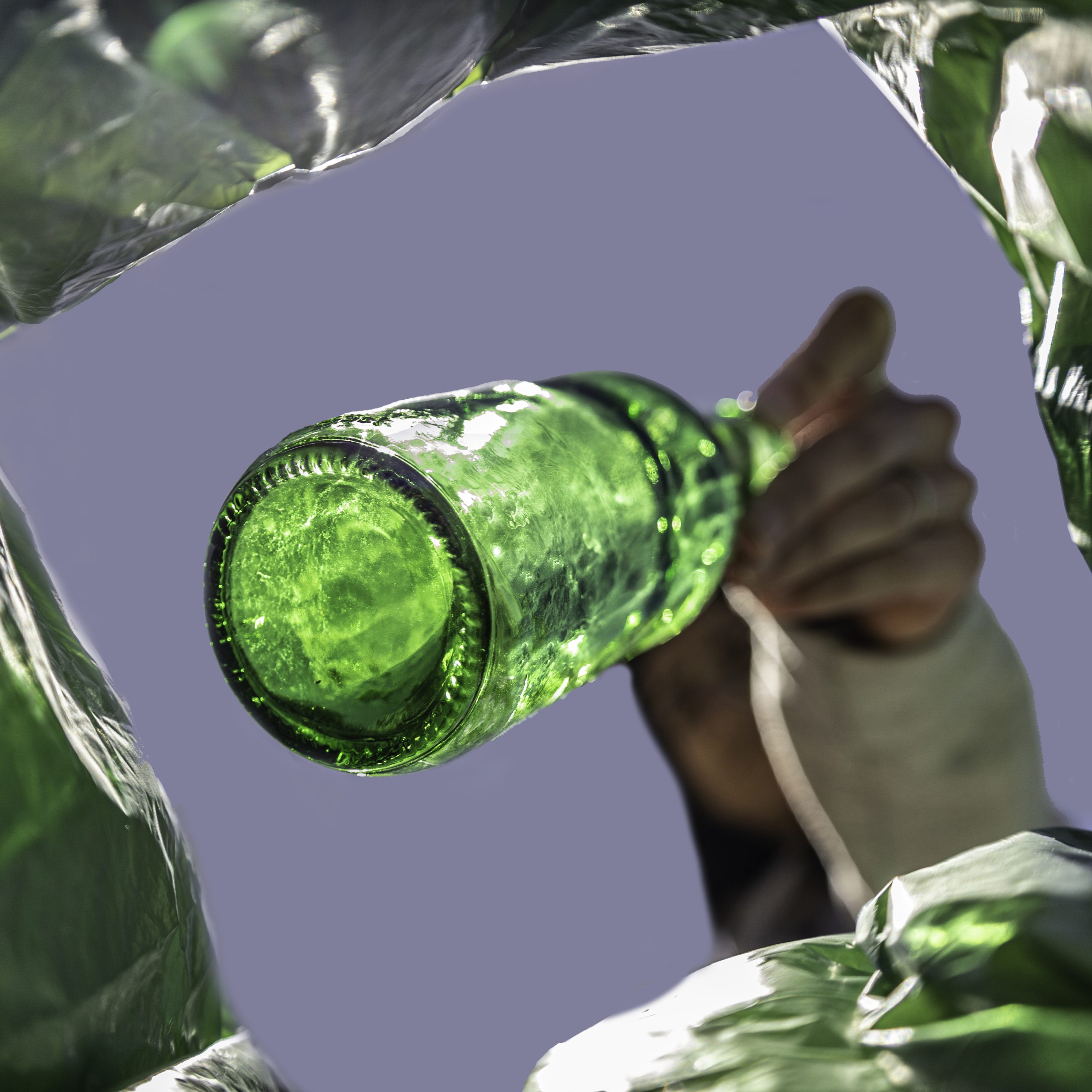Hurtigruten achieves major milestone in zero edible food waste initiative

The renowned Norwegian cruise line Hurtigruten has achieved a significant milestone in its ambitious initiative to eliminate edible food waste across its fleet operations. Through a comprehensive approach, the company has successfully implemented a closed-loop system that transforms discarded edible food into nutrient-rich compost, which is then used to grow vegetables served aboard its ships.
The initiative, which has been in development for five years, encompasses a multi-faceted strategy to reduce, reuse, and recycle food waste generated during Hurtigruten’s iconic coastal cruises along the Norwegian coastline. At the heart of this endeavor is a specially designed compost reactor located at Stamsund harbor, one of the ports visited by Hurtigruten’s ships.
“Our ultimate goal is to reduce edible food waste towards practically zero grams per guest,” said André Pettersen, Chief Product Officer and Hotel Operations for Hurtigruten. “After years of dedicated efforts, we have already seen a significant reduction, dropping from 261 grams per customer in 2019 to just 66 grams per guest in 2023.”
The process begins with the meticulous sorting of edible food waste onboard Hurtigruten’s Original Coastal Express ships, which operate year-round along the coast of Norway, calling at 34 ports from Bergen in the south to Kirkenes in the north. This waste is then transported to the Stamsund harbor during scheduled stops, where it undergoes a remarkable transformation through the compost reactor, efficiently converting the discarded food into nutrient-rich compost within 24 hours.
The resulting compost is then transported to Myklevik Gård, a local farm, where it is utilized to enhance soil quality for agricultural purposes, producing vegetables that will once again grace the plates of Hurtigruten’s guests. This closed-loop system exemplifies the principles of circular economy, where waste is repurposed to support local food production, thus completing the cycle along Hurtigruten’s iconic coastal cruises.
“At Hurtigruten, we understand the importance of preserving our environment while offering unforgettable experiences to our guests,” said CEO Hedda Felin. “Recognizing that our operations inherently impact the environment, wildlife, and local cultures in the waters we sail in, we are committed to taking proactive steps to minimize our ecological footprint and promote responsible practices.”
In addition to the innovative food waste management system, Hurtigruten has implemented a comprehensive strategy known as Norway’s Coastal Kitchen, which emphasizes reducing consumption through methods such as smaller portion sizes, repurposing leftovers, and now recycling food waste into fertilizer for growing vegetables.
The company is also committed to fostering awareness and education among guests and crew members about the importance of reducing edible food waste and embracing sustainable practices. Engaging presentations, workshops, and interactive experiences will be integrated into the onboard programming to inspire positive change and empower individuals to make environmentally conscious choices.
Hurtigruten aims to collaborate with local communities and stakeholders to expand the impact of the initiative beyond its ships, sharing best practices and supporting initiatives that promote sustainable food systems and circular economy principles, creating lasting positive change along the coast of Norway and beyond.



